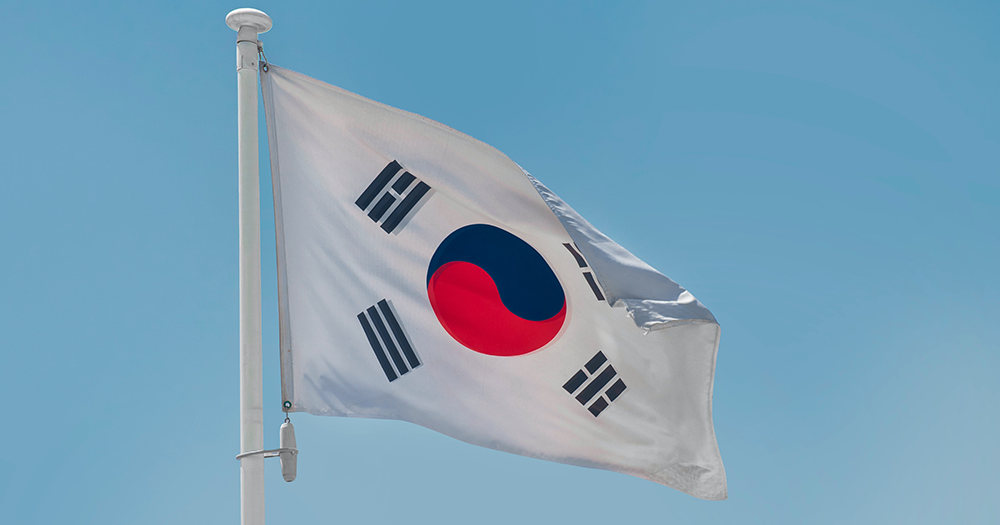In a landmark decision, the Seoul High Court has ruled that a Transgender person who has been persecuted in their home country because of their gender identity has a right to be granted refugee status in South Korea. The outcome on Thursday, October 20 marks the first time ever that the nation has recognised a person’s Trans identity as grounds for receiving asylum under the Korean Refugee Act.
The court, overseen by Justice Kim Jong-ho, ruled in favour of a Malaysian woman, ‘K’, after she filed a lawsuit against the Seoul Immigration Office for denying her refugee status. K, who has identified as a woman since she was 10 years-old, was arrested in Malaysia for “appearing as a woman and wearing women’s clothing”. She was charged a fine of 950 ringgits (over €200) for the offence, and was forced to spend seven days in detention.
To avoid persecution, the Transgender woman left Malaysia in October 2015, and applied for refugee status in South Korea in July 2017. Her application was initially denied by immigration authorities and the court of first instance, but the High Court reversed the prior judgement, and granted her refugee status.
SPONSORED CONTENT
According to local news outlet Hankyoreh, the court determined that K has a “well-grounded fear” of persecution and has suffered discrimination and punishment because of her Transgender identity. Officials ruled that, in Malaysia, she was living under an unfair social constraint and threat, which corresponds to persecution as defined by the UN’s Refugee Convention.
Speaking about the landmark decision, the Minority of Refugee Human Rights Network (MRHRN) said that it hopes that this will act as a starting point for further expansion of the scope of refugee recognition. The organisation said that although in this case there was significant evidence to prove K’s vulnerability, “even in dubious circumstances, determinations should lean in favor of the applicant, and they should not be given the heavy burden of trying to prove their status.”
© 2022 GCN (Gay Community News). All rights reserved.
Support GCN
GCN is a free, vital resource for Ireland’s LGBTQ+ community since 1988.
GCN is a trading name of National LGBT Federation CLG, a registered charity - Charity Number: 20034580.
GCN relies on the generous support of the community and allies to sustain the crucial work that we do. Producing GCN is costly, and, in an industry which has been hugely impacted by rising costs, we need your support to help sustain and grow this vital resource.
Supporting GCN for as little as €1.99 per month will help us continue our work as Ireland’s free, independent LGBTQ+ media.
